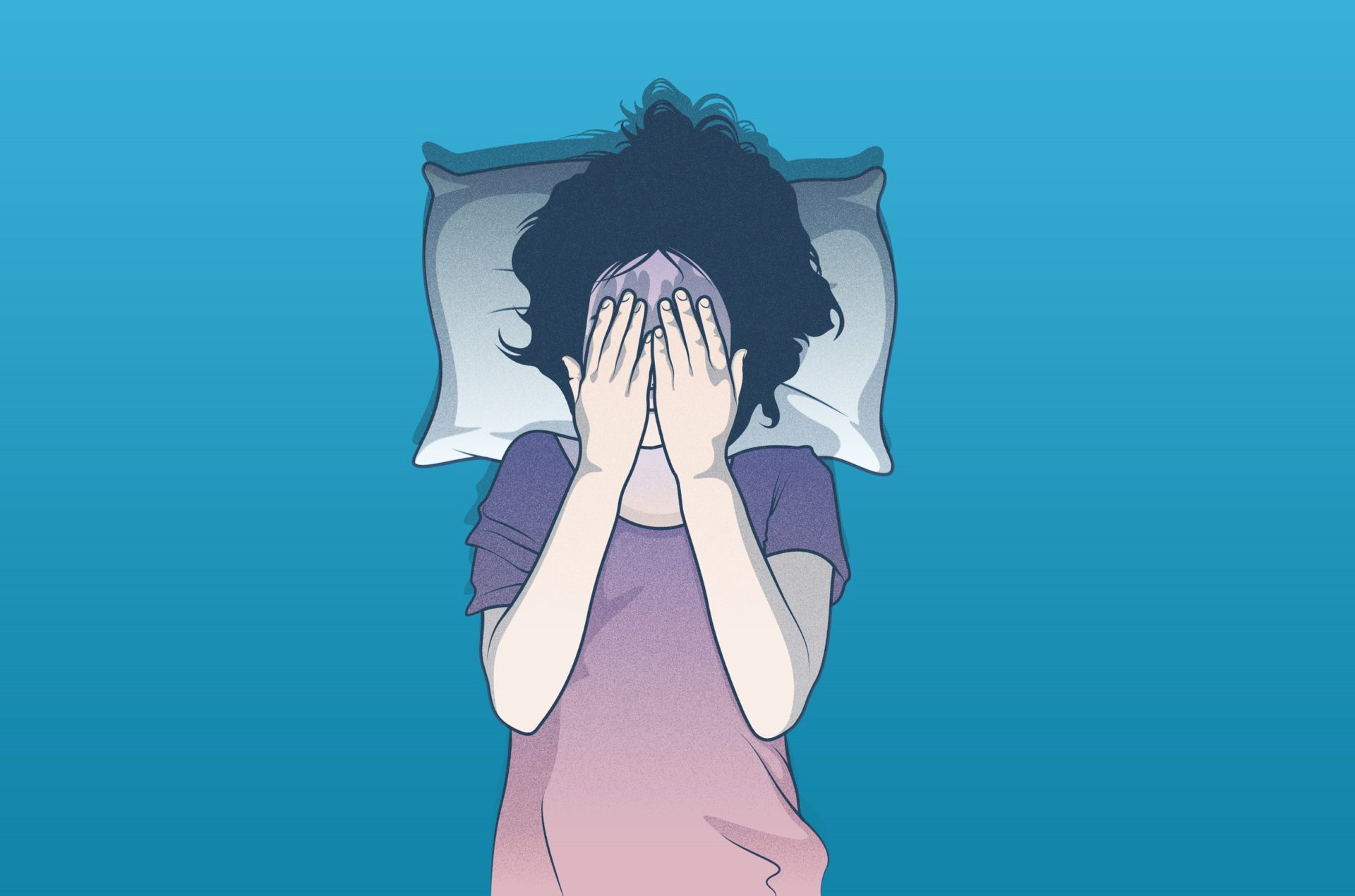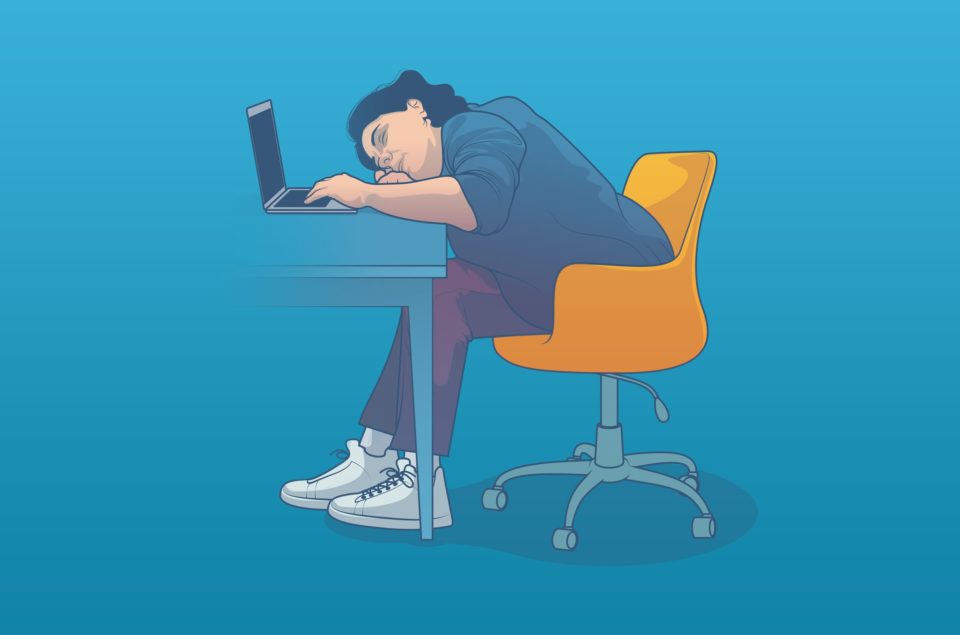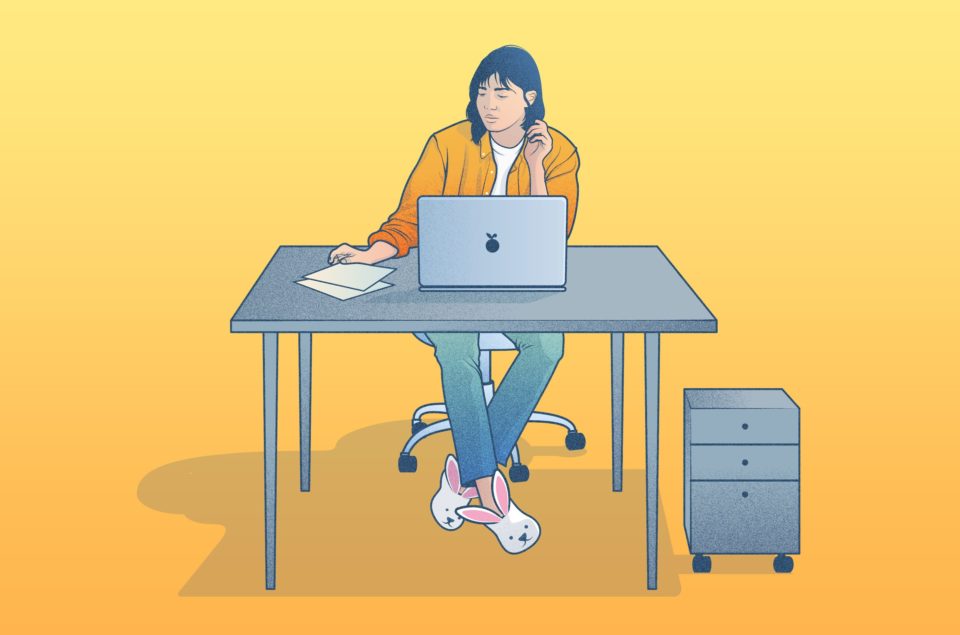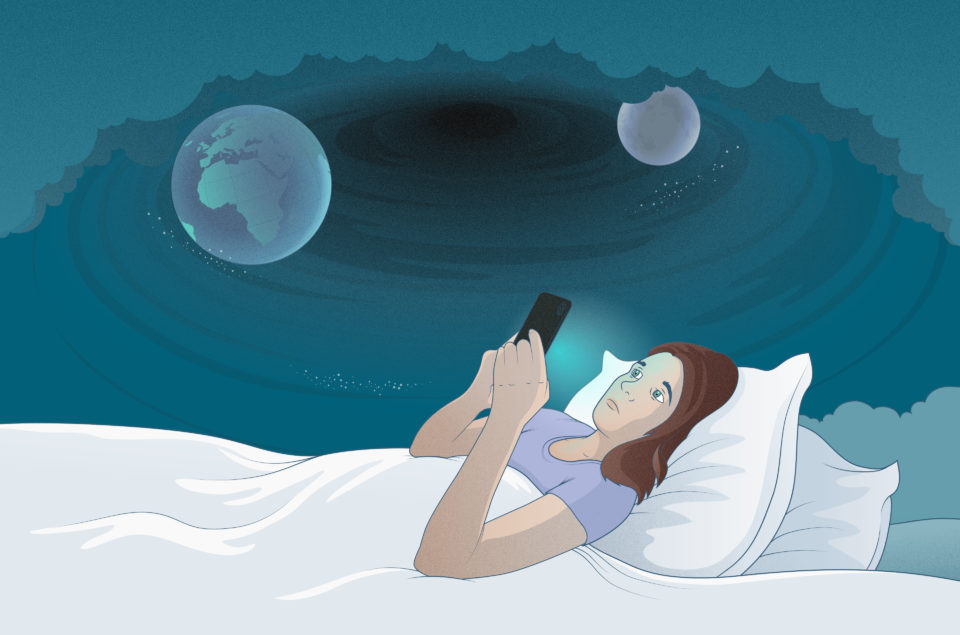We’ve all had one of those nights. Trouble falling asleep, lying in bed awake for hours, or waking up in the middle of the night, unable to go back to sleep. . Nights like these aren’t uncommon once in a while, but when can they be a sign of a more significant problem? If you’re struggling to sleep three or more days of the week, you may be suffering from insomnia. This basic guide will help you to understand insomnia – the most common sleep disorder, according to the American Psychiatric Association, impacting about one-third of all adults in the United States.
In this basic guide to insomnia, we cover:
- What are the different types of insomnia?
- What causes insomnia? – Including risk factors
- Common symptoms & complications
- Treating Insomnia – how can you manage it?
Different types of insomnia
First, there’s typically not one single root cause of insomnia. For this reason, it’s possible to categorize this sleep disorder into three main types, based on the type of cause, how long it’s been present or how often people suffer from it:
- Short-term, or acute insomnia, is commonly caused by stress, changes to your sleep habits (like sleeping in a hotel or jet lag), physical pain or new medications.
- Prolonged insomnia lasting three months or more is known as chronic insomnia.
- Chronic insomnia can be primary, with no known underlying cause, or secondary, which occurs in tandem with other conditions such as chronic pain, anxiety, depression, or sleep apnea.
What causes insomnia?
As mentioned above, insomnia can be triggered by multiple factors, physical, psychological or behavioral:
- Mental health conditions: it’s estimated that around 40% of people with insomnia have a mental health disorder. Mental health issues (such as depression or psychotic disorders) as well as stress, anxiety or worries in general usually contribute to sleeping problems, but insomnia can also aggravate them – that’s why treating one can help the other.
- Other health conditions: health complications such as injuries, pain, cancer, diabetes or other issues that affect our body systems can also lead to insomnia by causing emotional distress or physical discomfort. Sleep is vital to recover and feel better so it’s important to address insomnia as soon as it’s experienced during any illness.
- Neurological disorders: issues related to the brain can have a great impact on sleep at any age – neurodevelopmental disorders make it hard to get good sleep quality, while neurodegenerative disorders can affect the circadian rhythm and the perception of day/night.
- Irregular sleep schedules & poor sleep environment: not having a regular sleep routine and going to bed at different times every day can lead to morning tiredness and insomnia during the night. Moreover, the misalignment in the circadian rhythm due to sleep schedules that don’t follow the day/night pattern can also impact our sleep – especially jet lag and shift work. Furthermore, a poor sleeping environment – too warm or cold, an uncomfortable bed, bright lights and noise – – can also contribute to sleepless nights.
- Medications & drugs: insomnia can be a side effect of some medications (some that address the health conditions mentioned above), making the situation sub-optimal. Medications (or the withdrawal of these) change brain activity that can temporarily throw off sleep patterns.
- Sleep habits: some habits can have a significant impact on sleep, even without realizing it. For example, the use of electronic devices before bedtime, the overstimulation of watching TV or catching-up with friends, napping too late, using your bed for more than just sleep and sex, eating too late or taking caffeine or alcohol later in the day come into play here.
- Other sleep disorders: several sleep disorders can cause sleep difficulties or contribute to poor sleep or insomnia. For example, the feeling that Restless Legs Syndrome (RLS) causes may prevent you from falling or staying asleep; the obstructed breathing in sleep apnea or the negative feeling associated with nightmares and sleep paralysis may interfere with your sleep.
Understanding the causes behind your insomnia is the first step in addressing them and starting to sleep better. However, keep in mind that lack of sleep can, at the same time, trigger or make other health conditions worse, creating confusion between the cause and effect. . That’s why it’s important that you always visit your healthcare provider if you feel that your insomnia is not only affecting your daily life but also your wellbeing and overall health.
Risk Factors
While insomnia may arise from an underlying problem, health condition or life event, some people are more susceptible than others:
- Women: women are more likely to suffer from insomnia than men due to hormonal changes caused by premenstrual syndrome or menopause, and pregnancy. During pregnancy, especially in the third trimester, the discomfort, reflux or nocturia can lead to a drop in sleep time and quality.
- Genes: a 2019 study confirmed that genetics can predispose you to insomnia and influence sleep depth. According to the Sleep Foundation, heritability accounts for 31% to 58% of the likelihood of you experiencing insomnia. However, this doesn’t surprise us – – genes also influence how much sleep you need and your chronotype.
- People over 65: age-related bodily changes, underlying medical concerns and common medications for conditions like heart disease and high blood pressure can make it difficult to fall and stay asleep. Research also suggests that people over 65 have less sleep efficiency – meaning that they spend less time in deep sleep and REM sleep, necessary sleep phases to feel recovered.
- Covid-19 survivors: a study from Oxford University found that one in three people who survived Covid-19 are diagnosed with a neurological or psychiatric condition, including insomnia, within six months of being infected.
- Those living an unhealthy lifestyle: while enjoyable and sometimes oh so necessary, the Sleep Foundation suggests grabbing that extra cup of coffee in the afternoon or enjoying a nightcap before bed could be hindering your ability to get a good night’s sleep. Smoking or even working out too close to bedtime can also cause insomnia.
Common symptoms of insomnia
The inability to fall and stay asleep, or wake up too early isn’t the only symptom of insomnia. The signs and symptoms of insomnia can vary from person to person and also depend on the type of insomnia. However, the most common are:
- Waking up feeling unrested
- Feeling tired or fatigued during the day
- Excessive daytime sleepiness
- Moodiness and irritability
- Being hyperactive, impulsive or aggressive. Apathy.
- Impairments to social, professional and academic performance – including concentration and memory problems, poor decision making or cognitive processing.
- Increased risk for errors or accidents
Complications of insomnia
Lack of sleep affects your health in the same way as having an unhealthy diet or a sedentary lifestyle. It can indeed increase the risk of developing health problems or worsening the pre-existing ones, negatively impacting life quality and overall well being. Complications may include:
- Cardiovascular problems – high blood pressure and heart disease
- Anxiety, depression and suicidal thoughts
- Respiratory problems, such as asthma
- Chronic pain
- Weak immune system
- Metabolic issues – including weight gain, diabetes
As mentioned, the effects of insomnia can be confused with its causes. It’s important then to determine if poor sleep originated from a previous condition or if that condition has been experienced once insomnia has been prolonged over time.
Treating Insomnia – how can you manage it?
There are many ways for treating insomnia. If you’re only dealing with the occasional sleepless night, small lifestyle changes can make a big difference:
- In addition to avoiding stimulants such as caffeine, alcohol, work, or exercise too close to bedtime, consider picking up a book and putting the phone down to avoid complications sparked by blue light.
- Establishing a regular sleep schedule (even on the weekends) is crucial to beat insomnia. Sleep regularity is key to good sleep and ensuring your body gets all the benefits from sleep – from feeling refreshed to restoring your cellular function.
- Your sleep environment is also extremely important. We’re all guilty of falling asleep in front of the TV or turning up the heat a little too high sometimes, but a dark, cool space is the most conducive to sleep.
- Can’t fall asleep? Get out of bed. Do something else instead, until you feel sleepy. That will reduce the distress of not being able to fall asleep.
- Try melatonin. This supplement can help regulate sleep by preparing your body for bedtime. Our head of Sleep Science Mike Gradisar explains in detail of when, how and how much melatonin you need to take for better sleep.
- One of the most common factors behind insomnia is stress, and lack of proper sleep can cause even more stress. It’s a vicious cycle. Take an honest moment to reflect on how to manage your stress during the day better. Daily exercise, meditation, reading and listening to calming music are all proven ways to manage stress and improve sleep.
Try Sleep Cycle’s guided sleep meditation and sleep music for free
When to Seek Professional Help
Sometimes lifestyle changes just aren’t enough. If you find yourself struggling to sleep three or more nights a week for a prolonged period, it’s time to call your doctor. Treatment typically begins with a conversation and assessment of your sleep habits. If the cause of your insomnia isn’t immediately clear, your doctor will likely initiate a sleep study to monitor and record your brain and body activity during sleep.
Once the underlying cause of your insomnia is determined, you and your physician can have an informed conversation about treatment options. These can vary from cognitive behavioral therapy, or prescribed medication, light therapy, and more. There’s no one-size-fits-all approach and typically a little wiggle room for trial and error is needed.
The Bottom Line
This basic guide to insomnia shows how prolonged insomnia or sleep deprivation can have significant health implications including high blood pressure, increased risk for diabetes, heart disease and sleep apnea. Also, let’s be real. Tossing and turning and waking up tired is no fun for anyone. If you’re suffering from insomnia, try making small lifestyle changes and if the problem persists, give your doctor a call.









